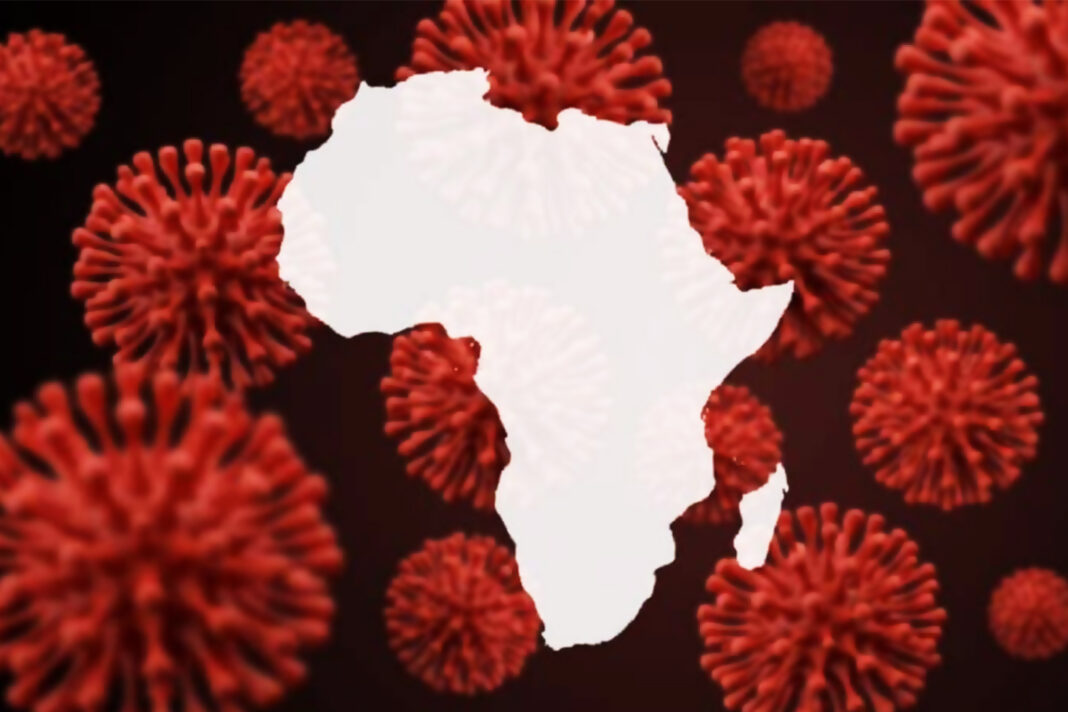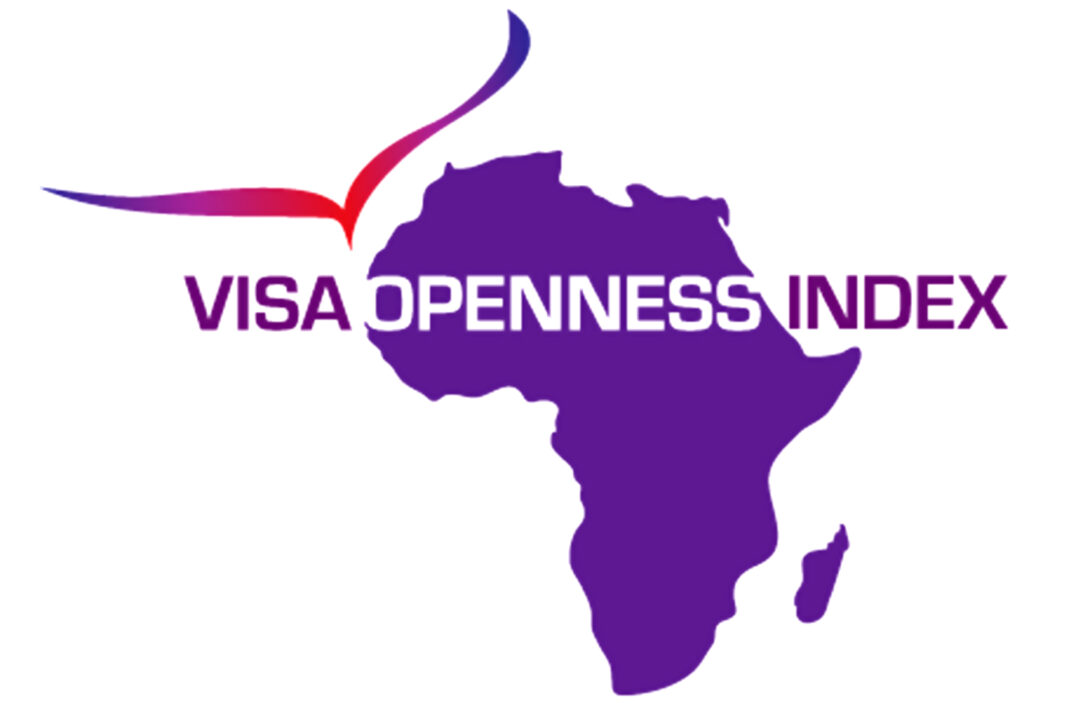Africa is better equipped to deal with a potential second wave of COVID-19, leveraging on measures adopted in tackling the pandemic’s initial adverse health effects, experts affirmed during a special session on the second day of the 2020 Africa Economic Conference.
“The continent is much more prepared to deal with the second wave than we were 11 months ago,” Dr. John Nkengasong, Director of Africa Centers for Disease Control and Prevention (Africa CDC), said during the session on “Post COVID-19 implications for strategic human capital development in Africa.”
About 2.3 million people in Africa have contracted COVID-19 to date, of which around 54,500 have died from the disease. However, much has been done to mitigate the pandemic’s adverse effects, including increasing laboratory testing capacity, beefing up primary healthcare defence mechanisms, and leveraging technology to reduce human contact.
As the world gears up for new COVID-19 vaccines, the World Bank has unveiled a $12-billion financing package to help developing countries procure the vaccines. Dr. Feng Zhao, Practice Manager of Strategy, Operations and Global Engagement at the World Bank, said Ethiopia is leading Africa’s vaccine initiative.
Besides the financing, the World Bank, in partnership with the World Health Organisation and COVAX, will also provide technical support to countries to deploy vaccines at scale.
While noting that Africa lags behind other regions in developing COVID-19 vaccines, which some developed countries have begun administering to their citizens, the experts lauded African governments for speedily adopting diagnostic measures against the outbreak.
Within a year, at least six countries – Nigeria, Kenya, South Africa, Senegal and Morocco- have developed diagnostics for the disease.
Clare Omatseye, President of the West African Health Federation, emphasized the need for a strategic partnership between the public and private sectors to deal with the pandemic effectively. One such area of collaboration is in bringing about behavioral change, especially about misconceptions around the disease.
Public-private partnerships could also help increase testing, data collection and capacity building, she said, urging governments to create an enabling environment to allow the private sector to manufacture protective equipment.







